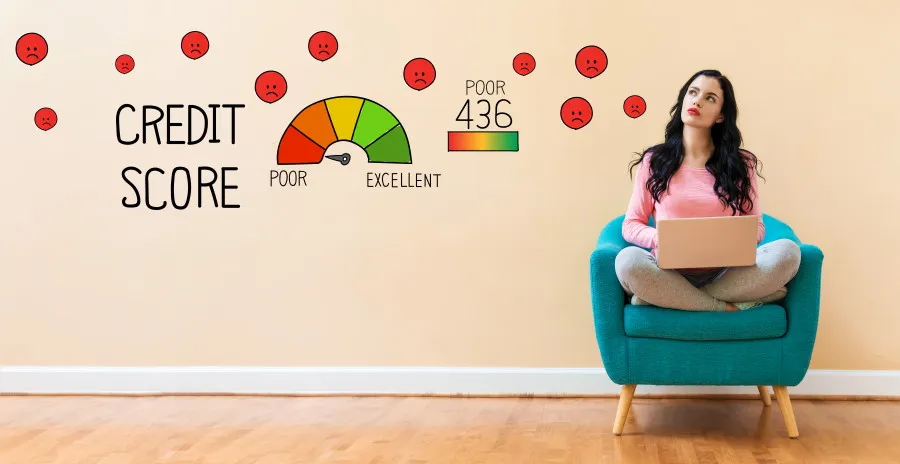Understanding your credit score (or credit file) can be a tricky task, and improving it can be even trickier, but once you know how, it’ll open a whole host of options for borrowing potential and help you understand your financial situation, including debt in more depth.
What information does my credit score contain?
Before attempting to improve your credit score, knowing what information credit reference agencies hold for you is really important. It can help you understand any errors and check for any fraudulent activity. There are three main credit reference agencies: Equifax, Experian, and TransUnion – each will hold slightly differing information, so be sure to check each one.
The information most commonly found is:
So how can you improve your credit score?
Once you have checked your score across the three agencies, you’ll need to know what to look for when identifying any areas for improvement.
Where can I view my credit file?
There are a few options available, be sure to cross check each credit reference agency and utilise their free trials:
You’ll be able to see any searches completed by lenders or companies. A soft search on your credit file is a search on your file that won’t affect your credit score, you’ll be able to see it, but other lenders won’t.
A hard search is when a lender looks in detail at your credit file; it’s visible to other lenders which means it could have a negative impact on your credit score.
Has your credit file caused some concern?
Many of us avoid our credit file, fearing it’ll confirm our biggest worry – we’re in debt. Understanding your debt is key in identifying how to tackle it, so whilst on first glance it may be daunting, you’ve took the first step in facing your debt.
If you’ve found details of your debts, or unearthed debt that you forgot about, today could be the day you take control of them and get debt advice.
Angel Advance offers free debt advice via our online debt advice tool, telephone on 01925 599400 or via email at info@angeladvance.co.uk. We have an experienced team of debt advisers who are ready and waiting to help you take control of your debts.


